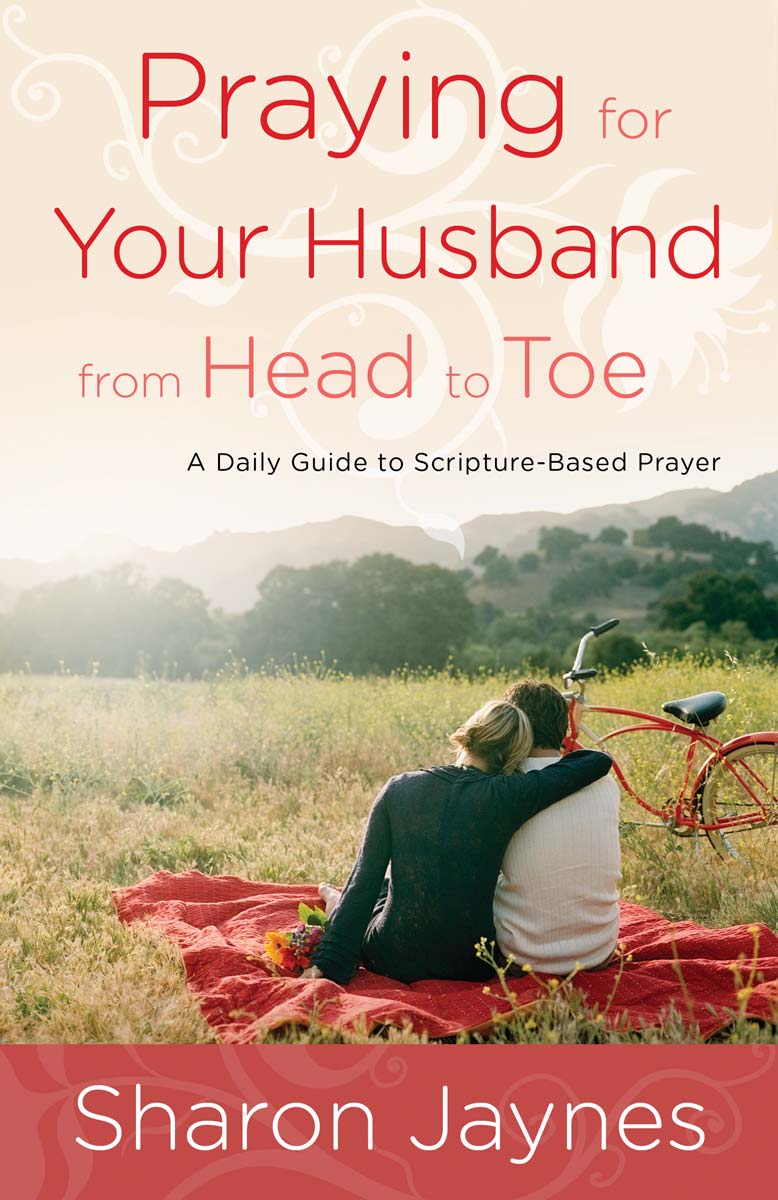 When Paul, the apostle, was imprisoned in Rome I can imagine the disappointment and confusion he must have felt. Why would God let him languish in prison when the world needed to hear the good news about Jesus?
When Paul, the apostle, was imprisoned in Rome I can imagine the disappointment and confusion he must have felt. Why would God let him languish in prison when the world needed to hear the good news about Jesus?
Paul’s desire was to travel around the known world, evangelizing everyone within the sound of his voice, spreading the good news of Jesus Christ. But instead, he was sent to prison, where very few were within the sound of his voice, and all he could do was . . .
. . . write letters!
His ambition, his dream, his goal, and I’m sure his prayer was to travel to different cities in the known world so He could bring people to Christ. These were good goals. They were meant to honor and glorify God. And yet God prevented him from doing so.
Why was this?
Because God had an even bigger plan for Paul. God wanted him to write letters to the churches, whose influence and power would extend far beyond the times in which he lived. The epistles he wrote would become the foundation for the scripture of the New Testament so later generations would reap the benefit of his wisdom and anointing. If Paul had had his way, only one generation would have benefited from his insights and revelations. His words would have been short-lived, only reaching the ears of whomever he encountered physically.
Instead, God had a bigger plan for you and me to hear his words, so they could produce eternal, lasting fruit for centuries to come. When God denied Paul the answer to his prayer, God was thinking of us—you and me. Although Paul would never have been able to comprehend it, God’s plan was way larger than Paul’s. His plan was perfect.
God knew what He was doing. He did then, and He does now. He always does.
We nod our heads today and look back to see this clearly in the life of Paul, but can we see it in our own lives as well? When things don’t go the way we’d like, when our prayers aren’t answered in the way that seems logical for us, how do we react? Do we still see God at work in our lives? Do we still acknowledge that God is a big God with plans that are above our own? Or do we fuss and complain that our prayers have gone unanswered?
I have to confess that I am writing this for myself. I am most guilty of second-guessing God. When I write something that glorifies God, but it doesn’t get published, I ask, “Why God?” But I fail to realize that the God I want to glorify is a God beyond my limited understanding. His ways are higher than mine. His purposes are beyond anything I can presently comprehend.
And so I need to surrender. I need to be still and let God be God. I need to rest in His arms a little longer and let Him guide me onto the perfect path where my desires are subservient to His glory. Where His love and grace stir my heart and fuel my passion into walking wherever He leads. Maybe down known paths, maybe unknown, but perfect because they lead to His throne and His glory to fulfill His purpose.
Perhaps you, like me, need to surrender your desires, your ambitions, and your dreams to God so He can fulfill the bigger plans He has for your life, plans which are far beyond our own imaginations, plans that bring blessing to us and others in ways that only a creative God can bring about, plans that have glorious and eternal results for His glory and His kingdom.
If you want to see His bigger plans unfold in your life, please pray with me as I lift these things to God:
Everything I have is yours, God. You know how my small offerings can fit into your bigger plan, and I give them to you. Let my prayers become a sweet smelling aroma to you as you transform my desires into manna for your perfect purposes and your everlasting glory. Amen.
“I know the plans I have for you . . .plans to prosper you and not to harm you, plans to give you hope and a future.” Jeremiah 29:11
“For my thoughts are not your thoughts, neither are your ways my ways,” declares the Lord. “As the heavens are higher than the earth, so are my ways higher than your ways and my thoughts than your thoughts.” Isaiah 55: 8-9








